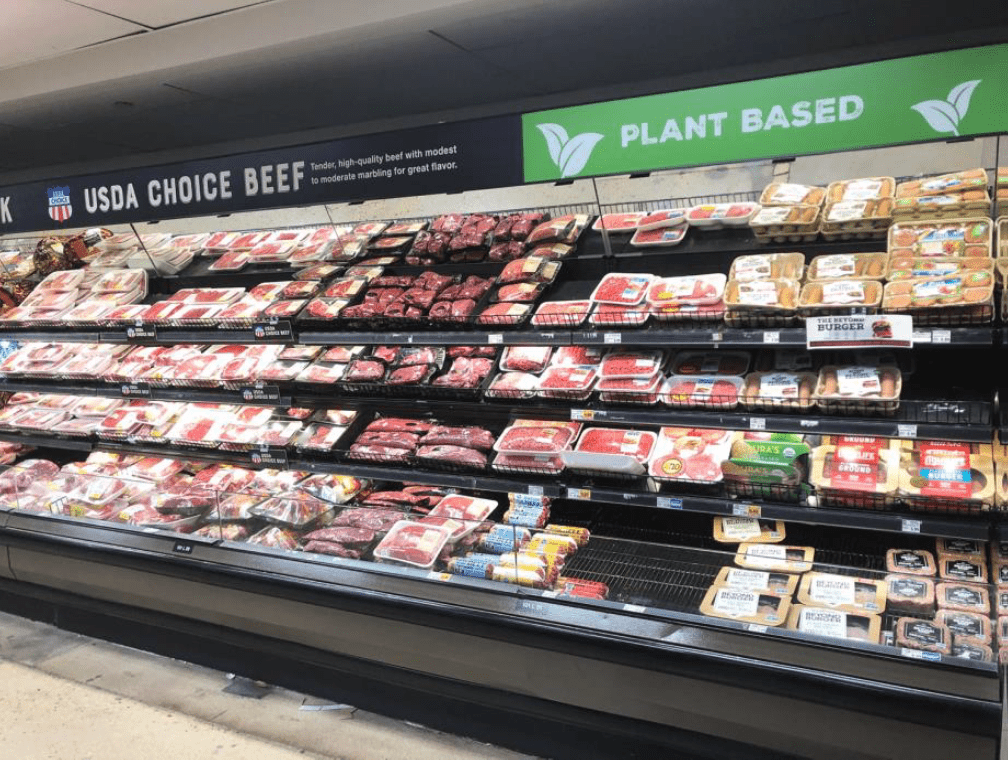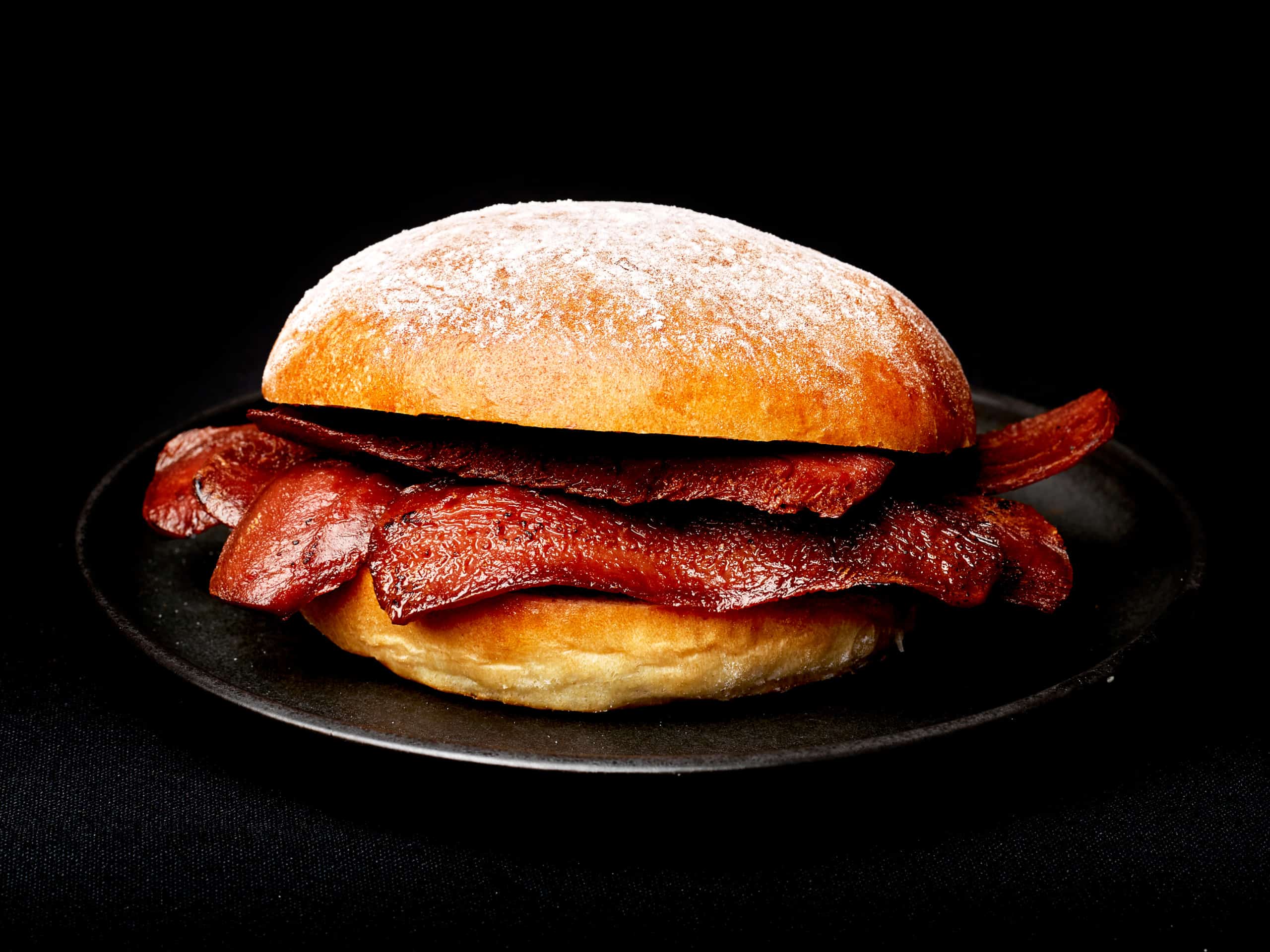A survey by ProVeg International has investigated the factors that could convince British meat eaters to switch to alt protein products.
The survey found that 70% of respondents believe that plant-based foods are more expensive, though we recently discussed how plant-based products are heading towards price parity, for example in the Netherlands plant-based meat is already cheaper than animal products in many cases. Furthermore, 59% said they would like meat and dairy alternatives to be subsidised by the government to make them more affordable.
Subsidise plants, not animal meat
If plant-based products were subsidised by the government in the way that the meat industry receives subsidies, the impact would be phenomenal. Survey participants said they would be much more likely to buy vegan products if these were cheaper than their animal-based counterparts. According to ProVeg, a price reduction from £6 to £2 would increase plant-based burger purchases by 134% and decrease beef burger sales by 14%.
Many consumers said they could not prioritise ethical considerations when the cost of living was high, but added that they were willing to pay the same amount for plant-based and animal-based products. Additionally, 36% were willing to pay more for alt protein products if they were healthier than meat and dairy, and in fact this has already been proven to be true in a recent peer-reviewed study.

Recommendations for brands
Based on the survey results, ProVeg makes some recommendations to help plant-based producers increase sales, adding to previous advice about boosting sales through price parity. One tip is to invest in R&D and process management to help bring down production costs.
ProVeg also suggests offering occasional discounts or promotions to build brand loyalty. The organisation recommends that if expensive ingredients are required, companies should explain to consumers why the price is higher, as this can increase their willingness to pay more.

Additionally, it is worth noting that the rising cost of living is causing many UK consumers to buy less meat, creating an opportunity for affordably-priced alternatives to fill the gap.
“Our survey found that people are more likely to buy plant-based products if they are cheaper than their animal-based equivalents. This can be done by using plant-based ingredients that are low in cost but still high in nutritional value, such as beans, lentils, peas, and oats,” said Stephanie Jazcniakowska-McGirr, director of corporate engagement at ProVeg.





